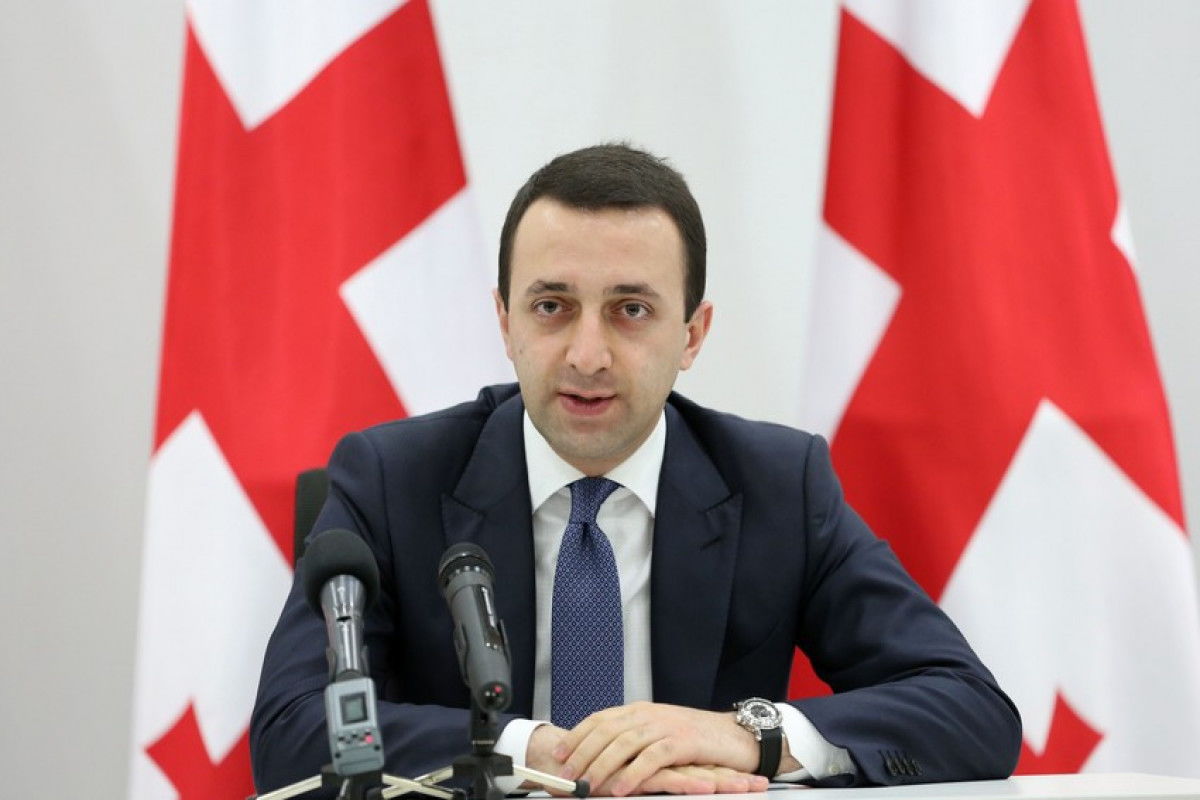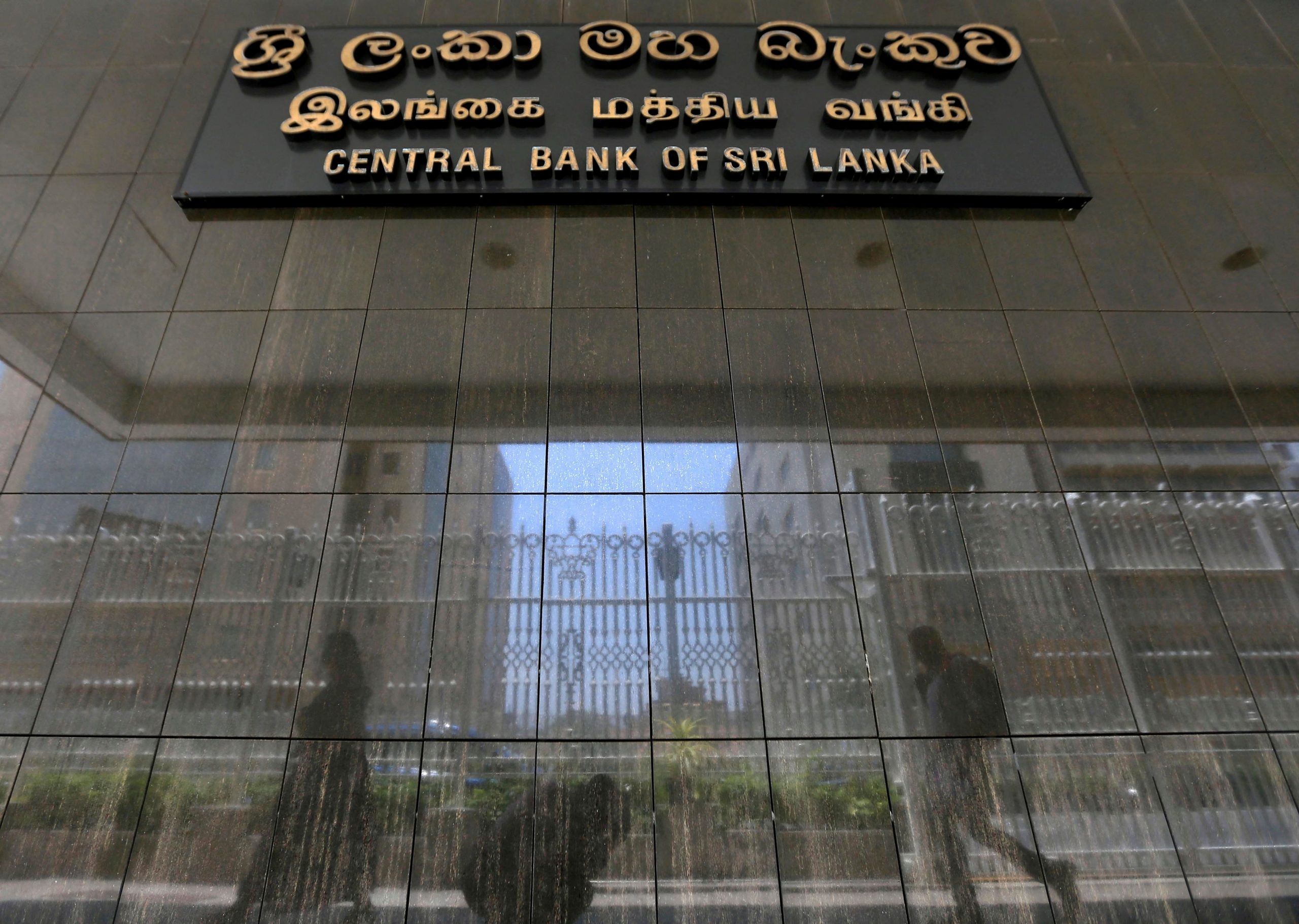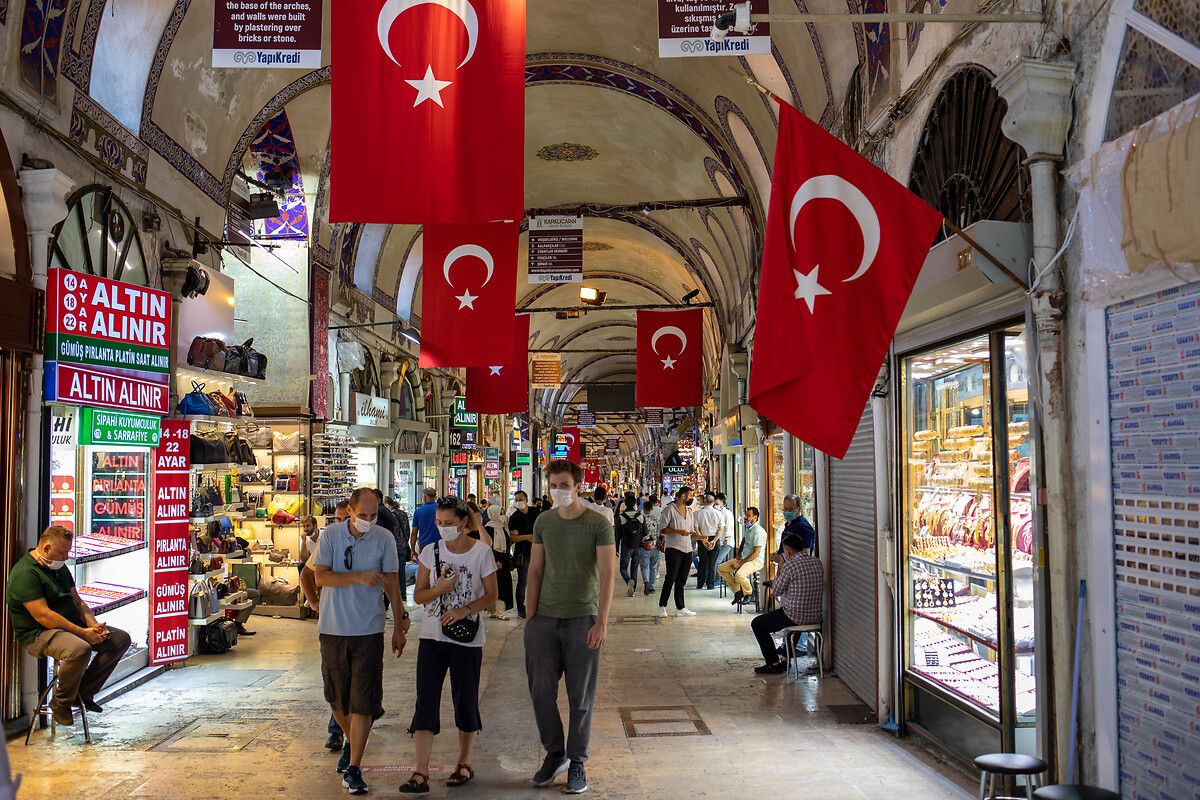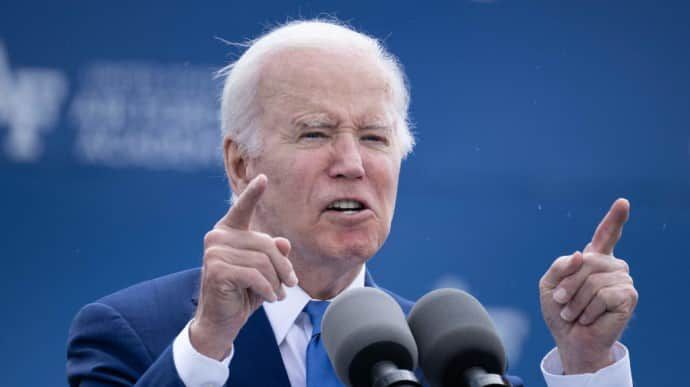In a pivotal event in the tense relations between Georgia and Russia, a four-year hiatus in direct flights came to an end on Friday. Despite vehement protests and stern disapproval from Georgian President Salome Zourabichvili, a plane belonging to Azimuth Airlines made its descent onto Tbilisi airport, flying directly from Moscow. The unexpected move arrived on the heels of an equally surprising decision by Russian President Vladimir Putin to abolish visas for Georgian nationals and lift the flight ban.
While authorities have celebrated the resumed flight services as an advancement towards rectifying the fractious relationship between the nations, the situation on the ground at Tbilisi airport tells a different story. Demonstrators armed with placards and catchphrases critical of the Kremlin and the Georgian government’s apparent soft stance towards Russia clashed with law enforcement officers, showing their strong disapproval of the flight reinstatement.
The controversial decision to lift the flight ban has drawn the ire of Georgia’s pro-Western president, Salome Zourabichvili. Standing in opposition to her own government’s apparent reconciliation efforts with Moscow, Zourabichvili took to Twitter on Friday to voice her resistance. She aligned with the protests, stating, “Despite the opposition of the Georgian people, Russia has landed its unwelcome flight in Tbilisi. No to flights to Russia!”
Putin’s unforeseen move to end travel restrictions for Georgians and reinstate flights arrives as the Kremlin seeks to showcase its capacity to withstand geopolitical turbulence. In a recent military parade marking the defeat of Nazi Germany in World War II, Putin was flanked by the leaders of several Central Asian and South Caucasus states. The parade served as a potent display of Russia’s enduring influence, undermining claims of its isolation.
In step with this, Russia’s Foreign Ministry rescinded its 2019 advisory against Russian citizens traveling to Georgia. This action underscores a significant change in the diplomatic ties between the two nations, which have been tenuous since the Soviet Union disbanded.
The resumption of flights, while noteworthy, is just a part of the complex historical relationship between Russia and Georgia. After a brief conflict in 2008, Georgia relinquished control over two separatist regions aligned with Russia, leading to a cut-off of diplomatic ties with Moscow. While there has been some improvement in the relationship since, the question of the regions’ autonomy remains a considerable stumbling block.
The re-establishment of flights has sparked the latent political divides within Georgia. Opposition politician Giorgi Vashadze told media representatives that pro-Western parties in Georgia plan a demonstration outside the parliament building, underlining their commitment to Georgia’s Euro-Atlantic vision.

Contrarily, Georgian Prime Minister Irakli Garibashvili underscored the importance of reestablishing direct flights. He affirmed that while flights from Russian airlines sanctioned by the West would be prohibited, ceasing trade and economic ties with Moscow is not in the best interests of the Georgian people.
The coming weeks will determine whether the re-establishment of direct flights aids in mending the rift between Russia and Georgia or stokes further animosity. As geopolitical tides continue to shift, the fallout from these decisions will resonate both domestically and among international partners.
©traders-news.online










